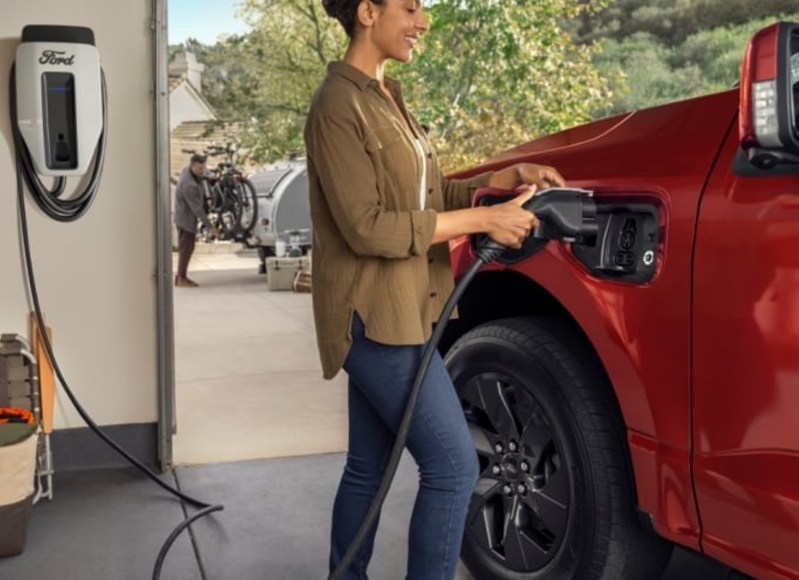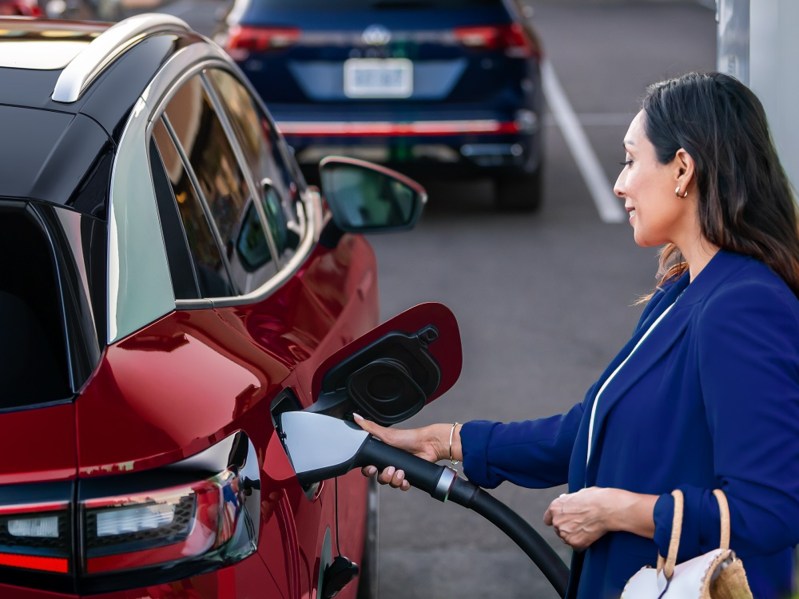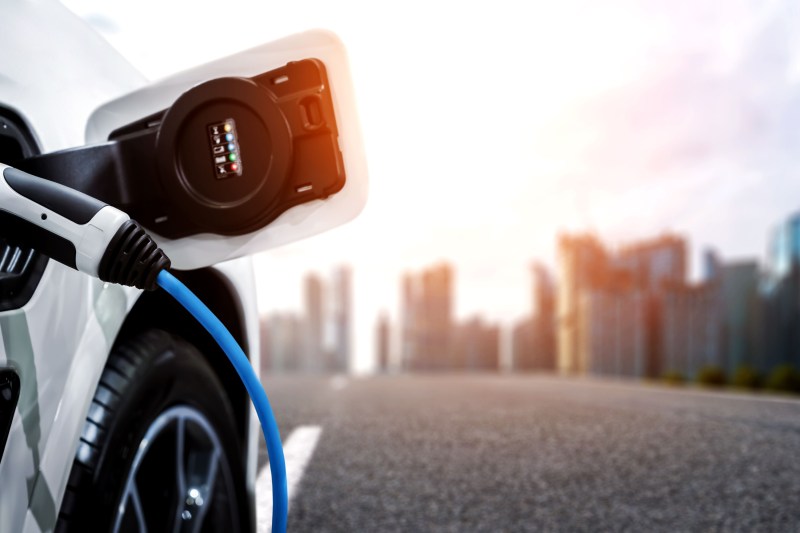
Political winds of change are buffeting the transition of automobile power trains from fossil fuels to electricity despite studies showing the benefits of switching to EVs, including saving tens of thousands of lives and billions of dollars. Improving the quality of the Earth’s atmosphere would seem to be a cause everyone would support. According to a recent report in The New York Times, however, the Biden Administration may soften the early impact of proposed Environmental Protection Agency (EPA) tailpipe emissions standards for model years 2027 to 2032 and hasten the transition to EVs.

Why slowing tailpipe emissions level limits matter
The current administration sent a clear message in April 2023 with two EPA proposals that would significantly hasten the adoption of all-electric cars and heavy trucks. The effect of the EPA proposals would be that by 2032, 67% of new passenger cars and light-duty trucks and 25% of new heavy trucks sold in the U.S. would be zero-emissions vehicles. The standards proposal includes specific emissions levels from 2027 to 2032 but does not stipulate EV sales percentages.
The as-yet-unspecified and unconfirmed lower compliance standards would apply to the first years but hold 67% for cars and light-duty trucks and 25% for heavy-duty trucks by 2032. In other words, if the still-vague changes were implemented, the transition process could start slower but accelerate faster than initially planned in the last two years.
Better quality air isn’t an all-or-nothing measure. Intentionally slowing progress in cleaning the atmosphere sounds like a bad move on the surface. If the mandated changes were impossible or wildly impractical, then adjusting the allowable emissions levels could be strategically wise because failure in the early years could derail the entire program.

The forces driving the transition slowdown
Several factors are at play in the reported efforts to moderate the emissions level thresholds. Automakers, including GM, Ford, VW, and others, have been sending mixed messages for the last eight or nine months about their relative focus on EVs, including battery and infrastructure investments. As they face transitioning production lines, automakers are concerned about their ability to meet aggressive targets.
Labor unions are reportedly concerned about workers losing jobs working on internal combustion engine (ICE) production lines, especially if their members won’t retrain to work in EV factories. With the increased robotics on production lines and fewer systems in battery electric vehicles compared to ICEVs, both factors that suggest potential reductions in personnel, unions may also be concerned that the number of jobs gained won’t equal the more significant number of jobs lost.
Politics is also active, mainly because of divisive political stances regarding climate change and EVs. If the Biden administration believes it needs to moderate its current position on EVs to increase President Biden’s chances of re-election, as some report, that step back could be a decisive consideration.
Dealers, too, may push back on the EPA plan if the immediate-post-pandemic rush to buy EVs has waned and the dealers fear that easier-to-sell and more profitable ICEs would become scarce.
And finally, consumers have been signaling with their dollars. When the EPA proposals were floated last April, dealers were largely still selling every EV they could get their hands on. Now dealers report previously ordered EVs sitting on their lots along with inventory cars. EV unit sales continue to grow, but more customers are pushing back on EV price premiums. This situation worsens with changing subsidy programs and high auto-loan interest rates.

What slowing emissions standards mean to car buyers
If you’ve been considering buying an EV, there have been encouraging signals in dropping EV prices in the last six to nine months. If the pressure on automakers to transition to EVs is lessened, the price slide will likely slow down as production lines pick up for ICEs and the BEV supply weakens. Major manufacturers, including Tesla, Ford, and VW, have indicated their next focus is on smaller, much more affordable GEN 2 all-electric cars.
Instead of envisioning that your first BEV will be a full-size 3-row do-it-all SUV like the Hyundai EV9, perhaps it might be more practical to think about buying a hybrid for your next large vehicle and possibly a small car such as the Fiat 500e for daily driving and local errands.



